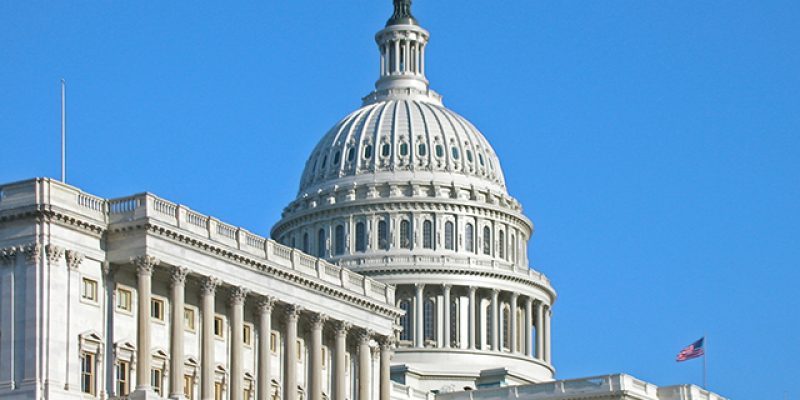The youngest of legal adults when America entered World War II will turn 96 this year, which means there are precious few remaining members of the Greatest Generation still sharing our air. That’s probably a good thing because most would be horrified at the sissies they left behind to run the country.
Is America enduring especially challenging times? Sure, we face the threat of terror attacks from lone wolves and organized outfits using anything from small arms to hijacked jetliners. Internally, hopelessness infests many of our big cities, shoving residents into the deeper pits of crime or opioid addiction.
But the generation that survived the Great Depression only to fight evil abroad and endure harsh rationing at home, would say modern America, where we cry and whine if the wifi goes out, is a relative theme park.
That being the case, why are we living like, tomorrow be damned, we need to pool every resource available now and in the future to survive today?
The federal government, of course, was recently shut down because the president wanted $5.7 billion to, among other things, build a wall along the southern border, and congressional Democrats wouldn’t pass a budget that included any border-wall funding.
Illegal immigration is not an unimportant issue. A country should have the right to decide who it lets in and for what reasons. But when compared to the budget crisis as a whole, quibbling over illegal immigration is like a basketball coach cutting a star point guard who just put up 50 points because he missed a free throw.
In March, President Trump signed a bloated short-term budget measure passed by congressional members of his own party, but seemed to do so begrudgingly, stating, “I will never sign another bill like this again.”
During the border-wall battle, he refused to, but maybe not for the most important reasons.
According to the Office of Management and Budget, the most recent fiscal-year budget was for $4.407 trillion, with $2.739 trillion of that funding Medicare, Medicaid and Social Security.
That’s a big nut to cover, and as strong as the U.S. economy currently is, it just can’t do it.
The OMB estimates tax revenues this year will total $3.422 trillion, which means we will add nearly $1 trillion to a massive federal debt of $22 trillion. That’s nearly $180,000 for every U.S. taxpayer.
Those of us who lived through the 1980s remember the dire warnings from economists when Tip O’Neill bowed to Ronald Reagan and a vocal public to cut taxes after the stagflation of the 1970s. The economy did indeed boom, but commensurate spending cuts never materialized, and budget deficits pushed the federal debt to new heights.
But at its worst, in Reagan’s final year in office, the debt was $2.9 trillion, only 50 percent of GDP.
Advertisement
After 16 years of profligate spending under George W. Bush and Barack Obama, Reagan’s budget deficits seem downright quaint.
A federal debt of $5.8 trillion when Bush signed his first budget had ballooned to nearly $12 trillion by the time he passed the baton to Obama. More importantly, Bush took the debt from 55 to 83 percent of GDP.
Much of that time, Bush enjoyed a Republican majority in Congress.
Still, Bush was a tight-fisted miser when compared to Obama. Aided by a Democrat Congress his first two years, Obama took the debt to $20.3 trillion by the time he surrendered budget control. The debt-to-GDP ratio on his watch soared to 103 percent, the highest since World War II.
All of which leads us to where we are today, a nation quibbling over wallpaper patterns while our fiscal house is burning to the ground.
Even the most austerity-opposed Keynesian economist has to acknowledge this can’t go on forever. At some point, the interest on the debt will become too large for the strongest of American economies to pay, and some terrible choices will have to be made. We will either raise taxes to service the debt, borrowing more as we go, or we’ll paper over the immediate crisis, paying the piper with still-moist, freshly printed greenbacks.
Since politicians like being reelected and always look for an easy way out, they’ll likely go with option B, which will delay the pain beyond the next election cycle but open Pandora’s Box of inflation.
President Trump was right to decry the budget Republicans sent him a year ago, but would he have trumpeted it if it had included border-wall funding? Who knows? He didn’t say.
What he signed to end the recent stalemate was a three-week continuing resolution that allows congressional leaders to negotiate a compromise. Does anyone really think such an effort will succeed? Even if it does and Democrats cave on border security, the budget Trump is sent will be far more likely to expand the size of government than shrink it. Will he stand by the promise he made in March?
Time will tell, but I won’t be holding my breath.
Advertisement
Advertisement

